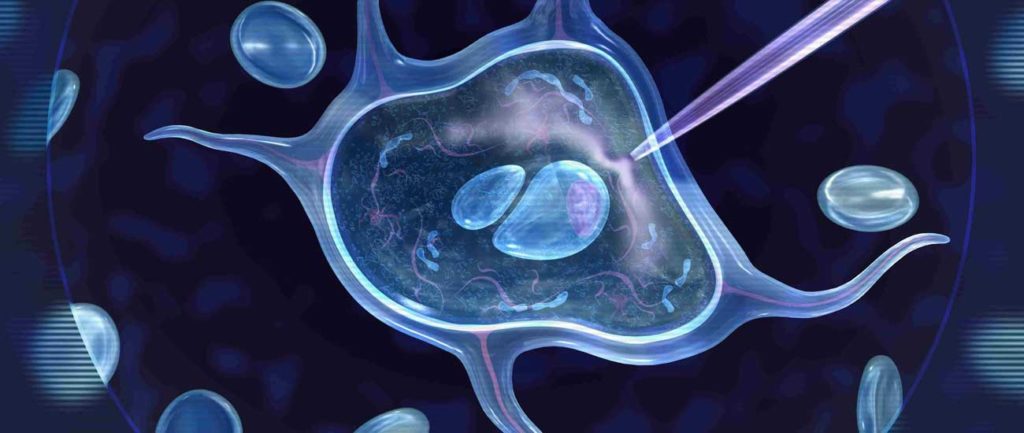Nowadays, the idea of achieving a zero-waste lifestyle has become a key topic and also the main goal to achieve for many people. There are tons of blogs and YouTube videos, where the authors give us ideas on how to achieve zero waste. But what does zero-waste mean in reality?
Why Is Biotech Vital?
It is not very utopist to say that humanity has a huge problem with the containing and the keeping of waste. Waste means practically the litter which we drop off every single day. While thanks to all the efforts from that propagating sustainability, humanity has long learned the process of selective waste dropping in Europe, this is not a practice in large parts of the world.
The challenges are real

Waste is becoming one of the biggest problems for the environment as well, especially when it comes to toxic and chemical waste and its deadly effects on nature. Zero waste gives humanity the chance to live our lives without having to drop large sums of litter every day. This means to use such things which can be reused or which can decompose in an environmentally friendly way. If you think about it, humanity still has a long way to go, to achieve zero-waste worldwide.
How can biotechnology contribute to achieving zero waste?
Today, there is already a great deal of ever-improving biorefineries, with the ability to reprocess or decompose waste. They do this in such ways that it turns these into fuels and reusable chemicals, leaving no trace of physical waste behind.
The role of bio-refineries
The biorefineries are also planned to turn waste-heat and chemicals such as methane, extracted from the waste into becoming their fuel. This way, even their operation is highly cost-effective. Further improvements are on the way, to help these refineries reduce toxicity as much as possible.
